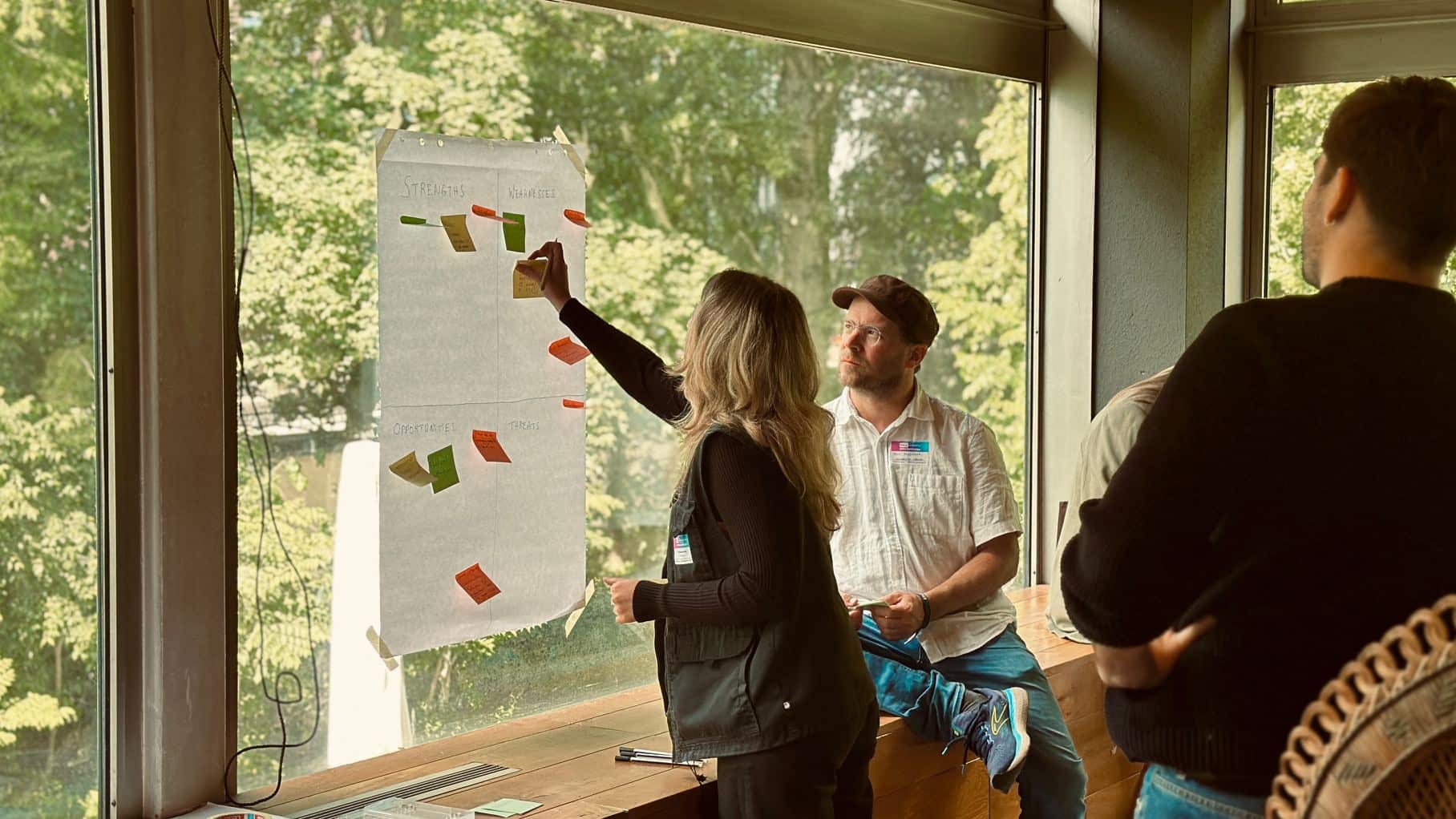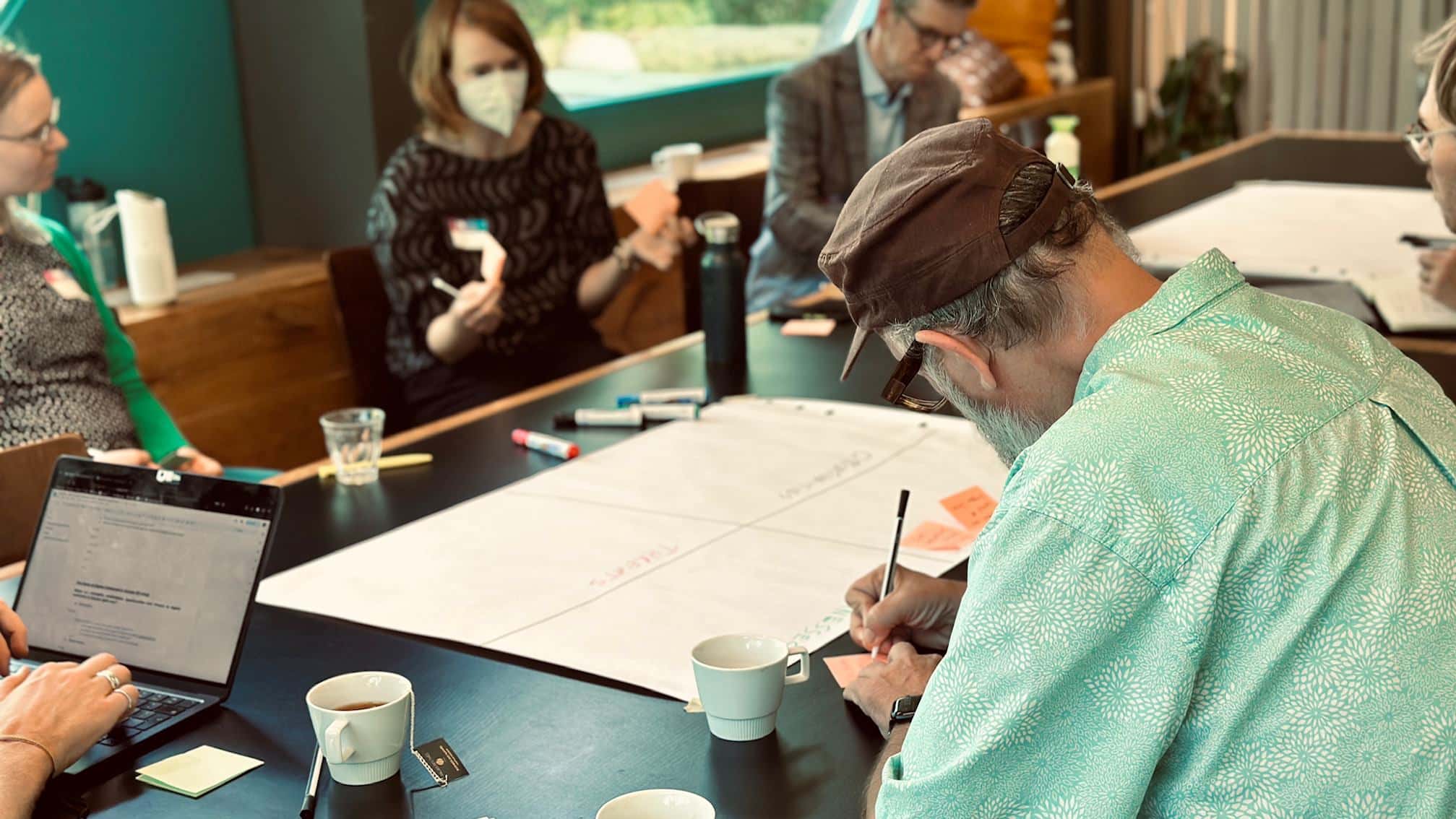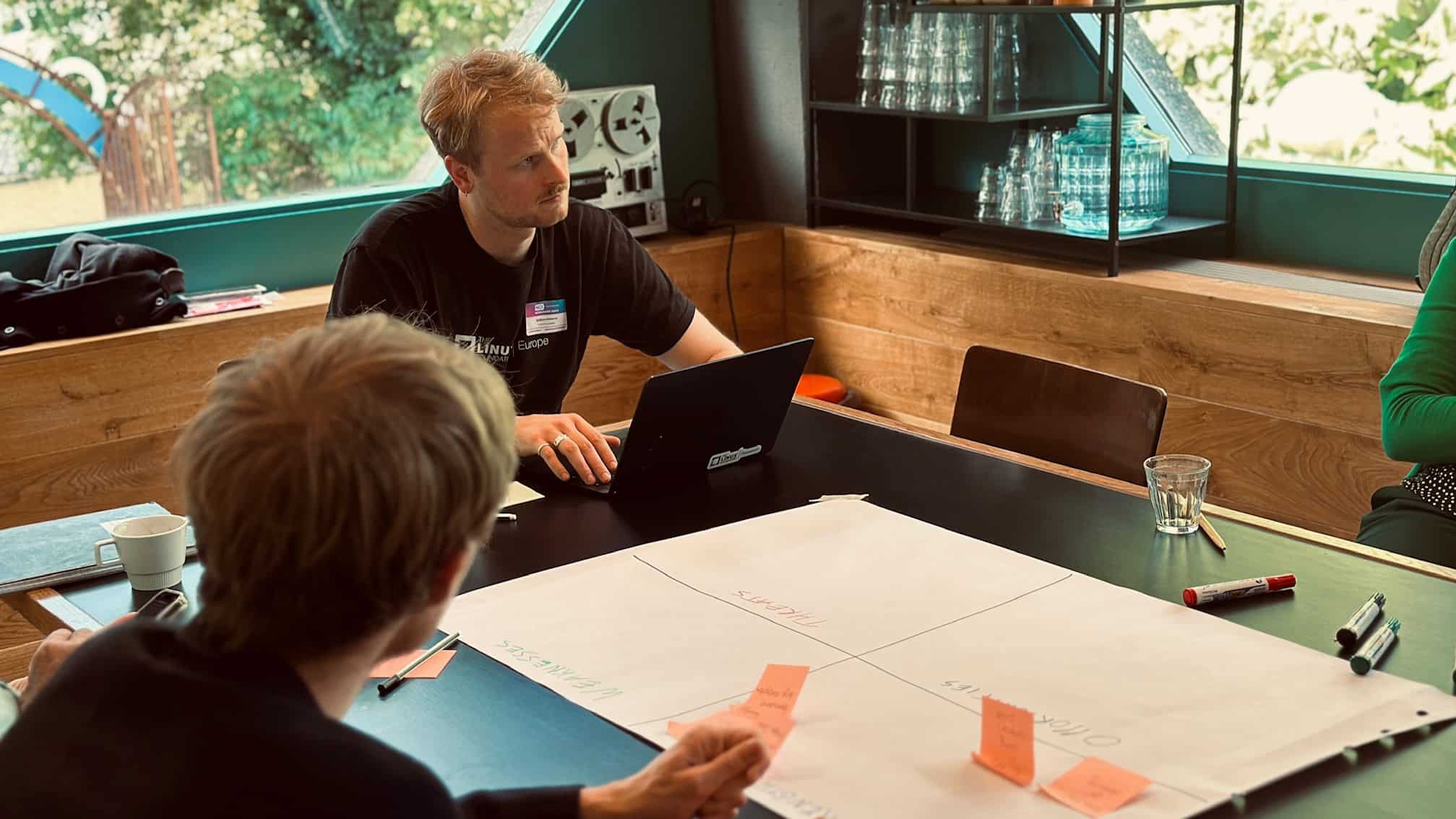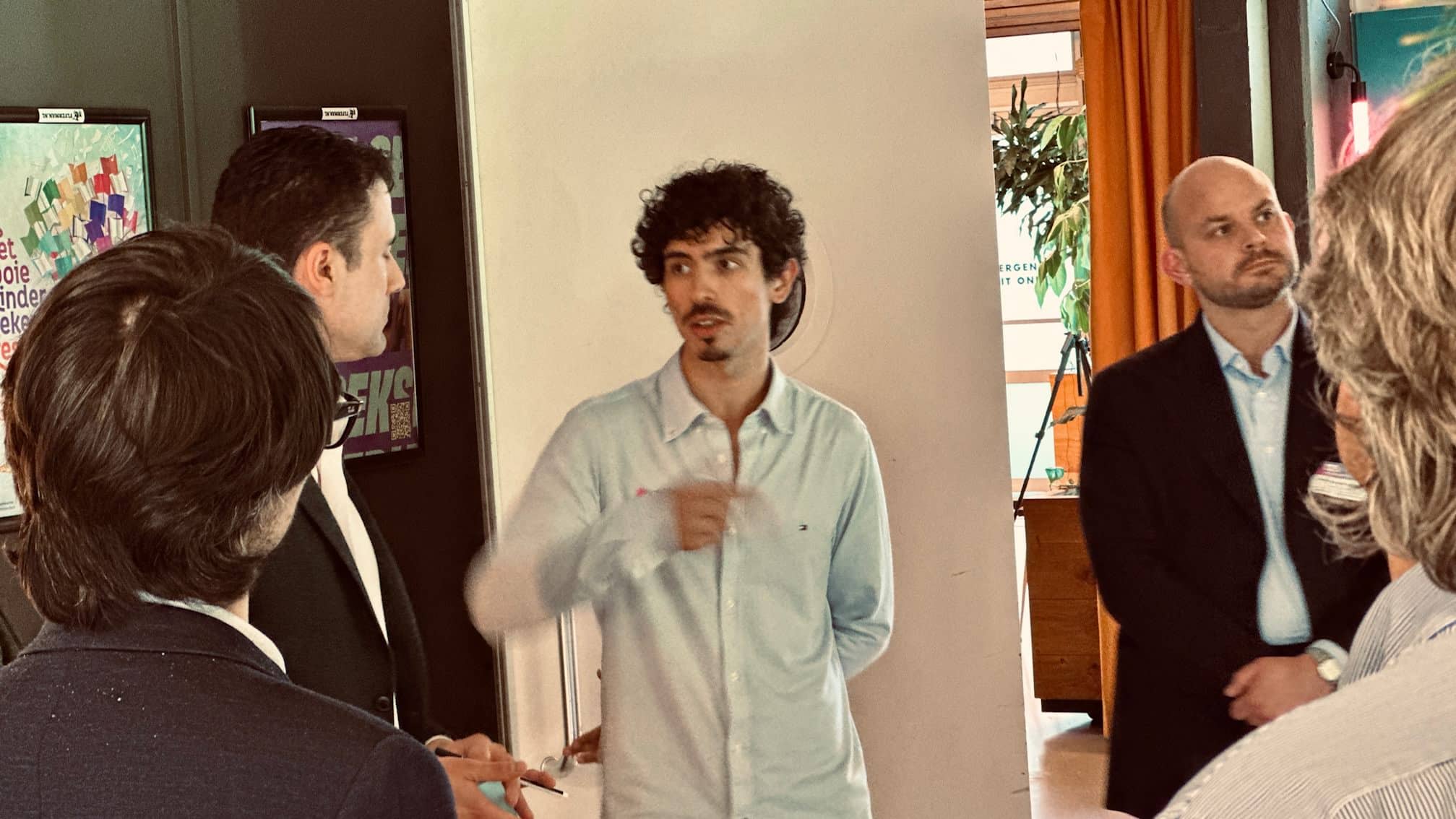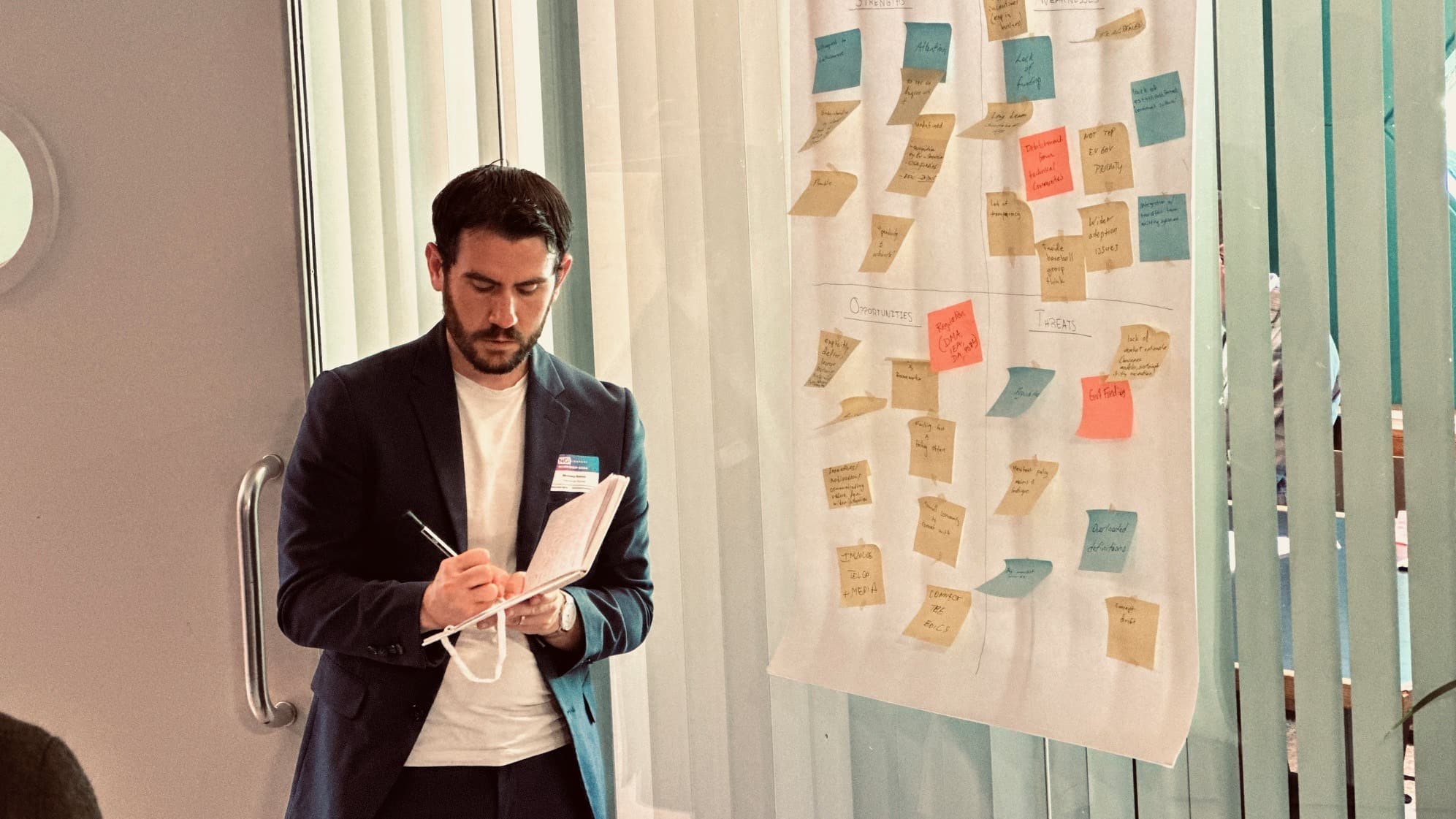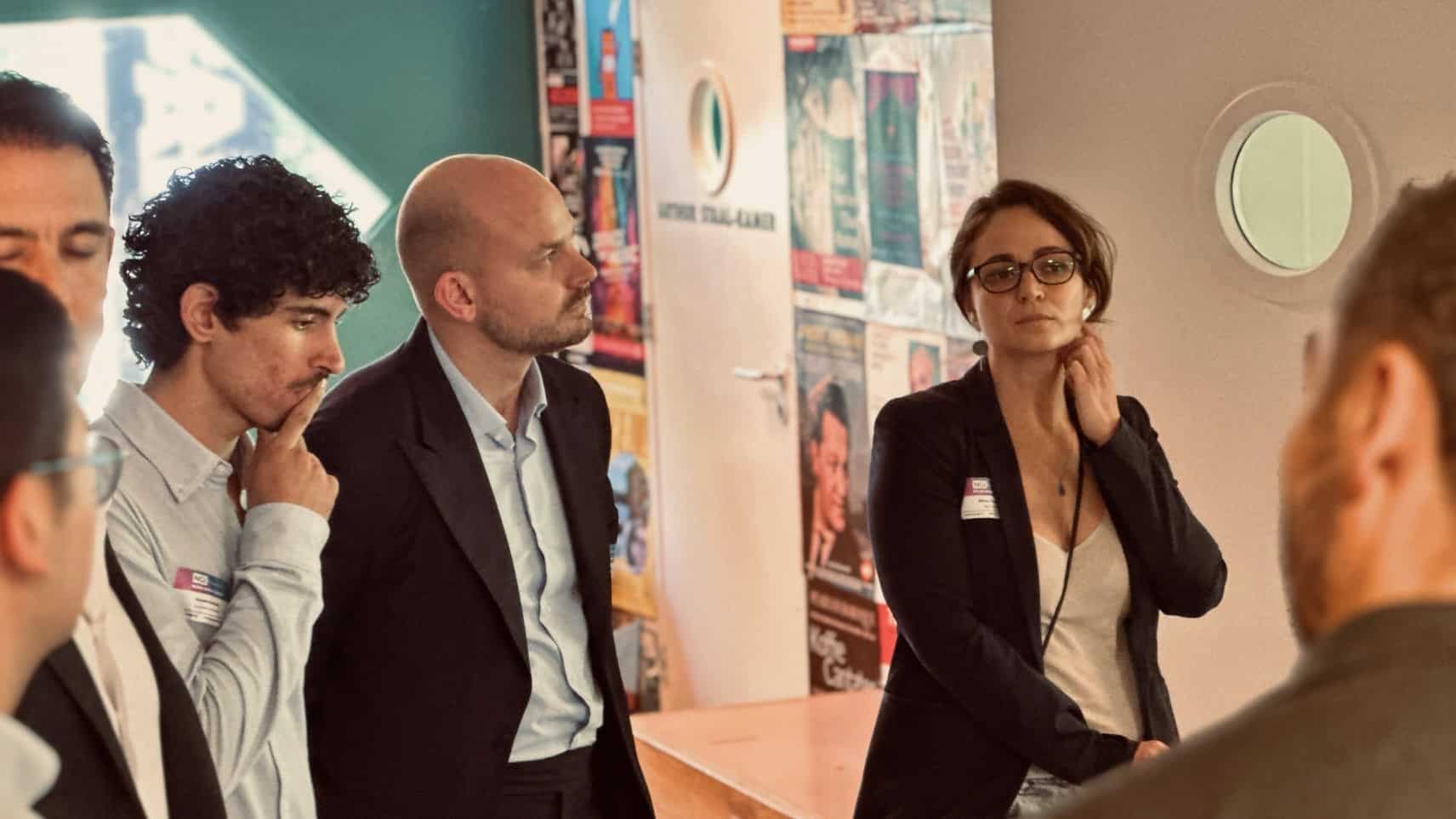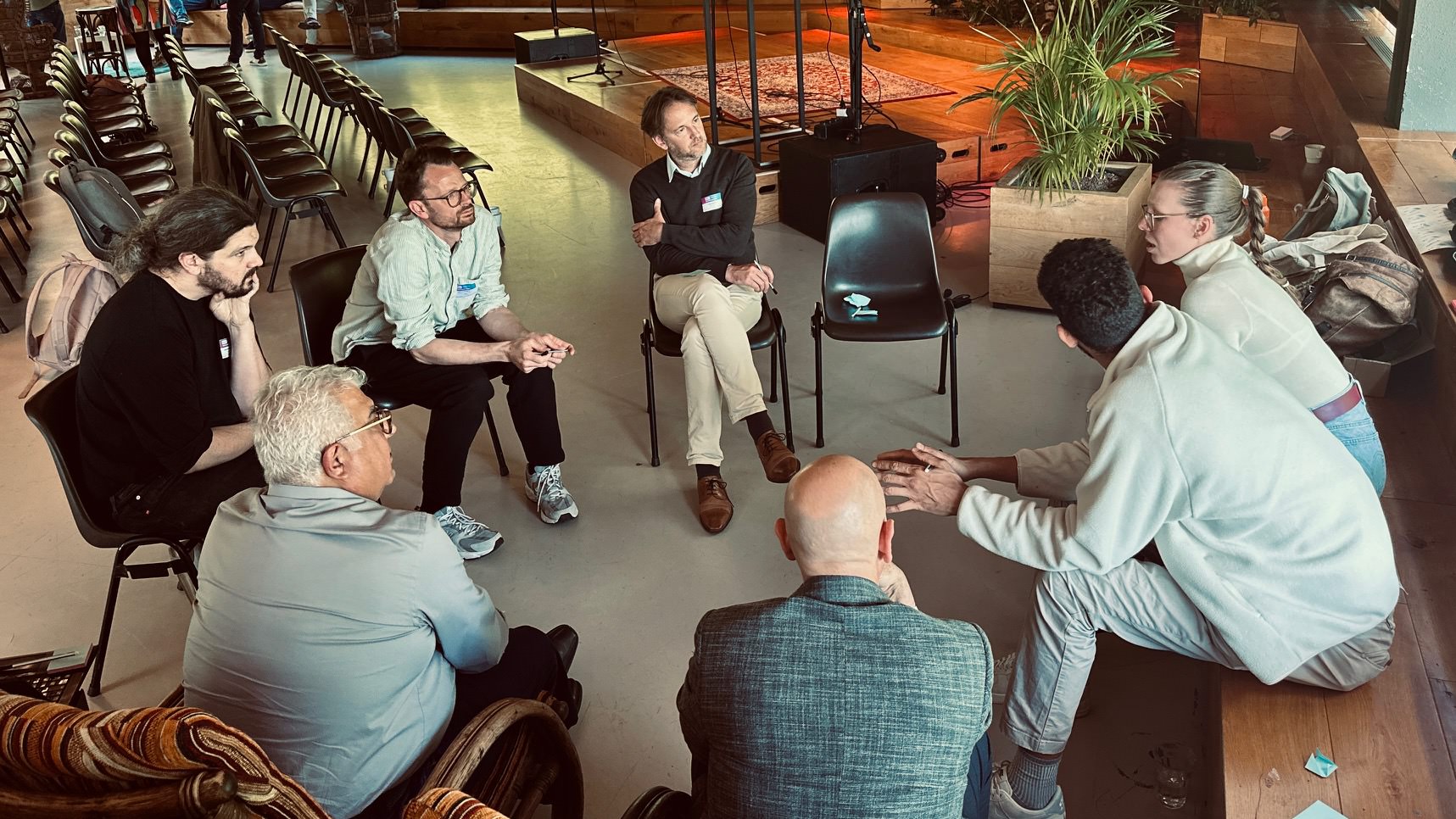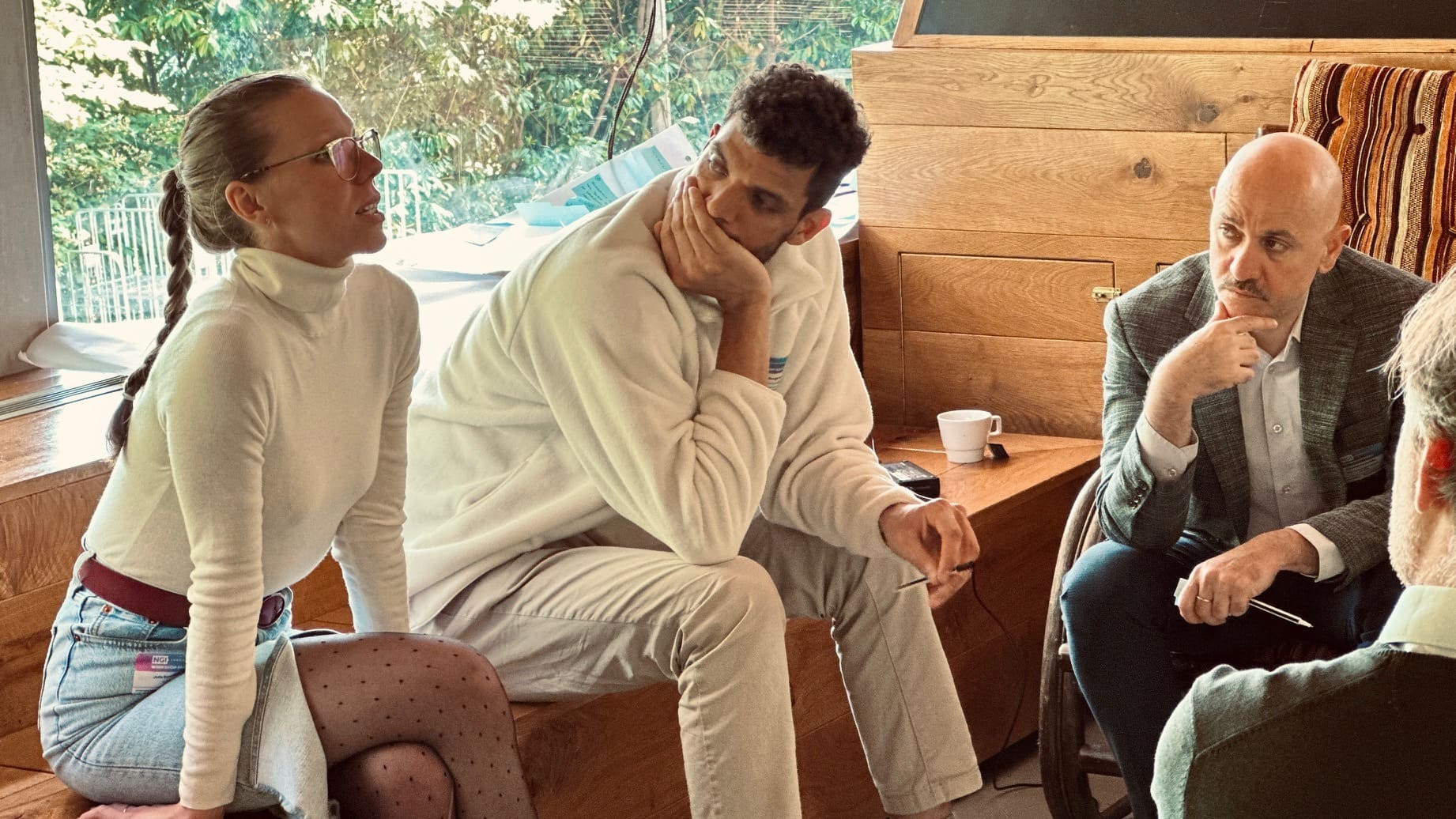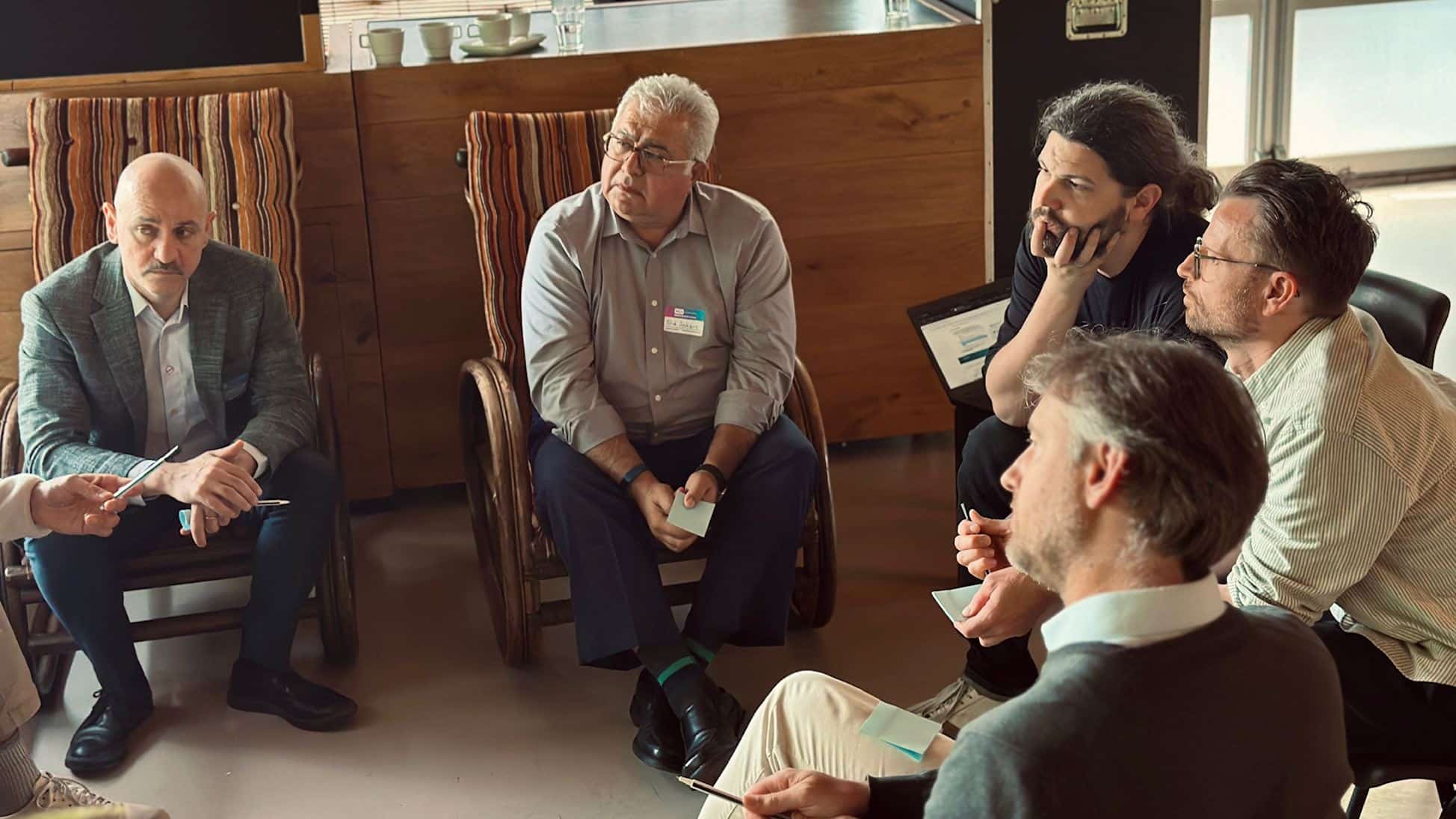Amsterdam, Wednesday 5th June
NGI Commons Workshop 2024: Initial reflections on our workshop to co-create priorities for digital commons policymaking in Europe
What are digital commons? And how could we possibly co-create Europe’s digital future by developing shared, public interest digital resources and infrastructures?
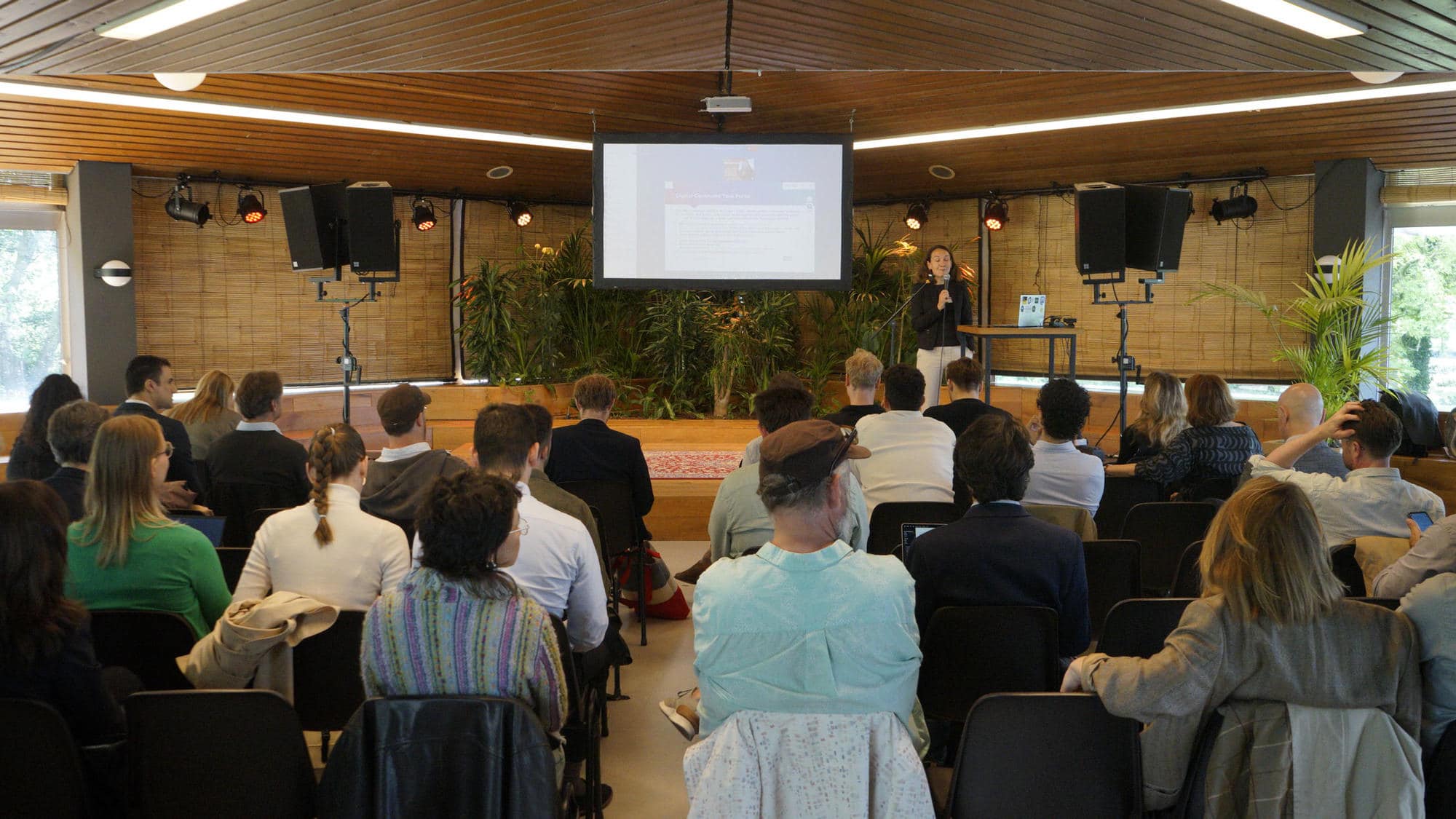
To answer these questions, open source and open tech enthusiasts met in Amsterdam last week during a workshop organised by the NGI Commons project to share their thoughts about what a more open Internet might look like. The headline goal of the workshop was ‘Co-creating digital commons priorities for Europe’s digital decade’; and indeed the Tolhuistuin in Amsterdam Noord gathered together a driven crowd of policymakers and technologists intent on bringing the digital commons to the next level.
This article summarises some of the early thinking and ideas discussed by the presenters and participants from the workshop. It shares the relevance of those discussions for the NGI Commons project’s understanding of digital commons in Europe.
The evolving digital commons policy landscape in Europe
The beginning of the event highlighted how Europe is actively engaged in shaping its policy landscape for digital commons through various ongoing initiatives, with European values and principles playing a crucial role in guiding these policies. During the introduction, Jean-Luc Dorel, the European Commission’s Project Officer for NGI Commons, introduced expectations and objectives for the project over its three-year lifecycle.
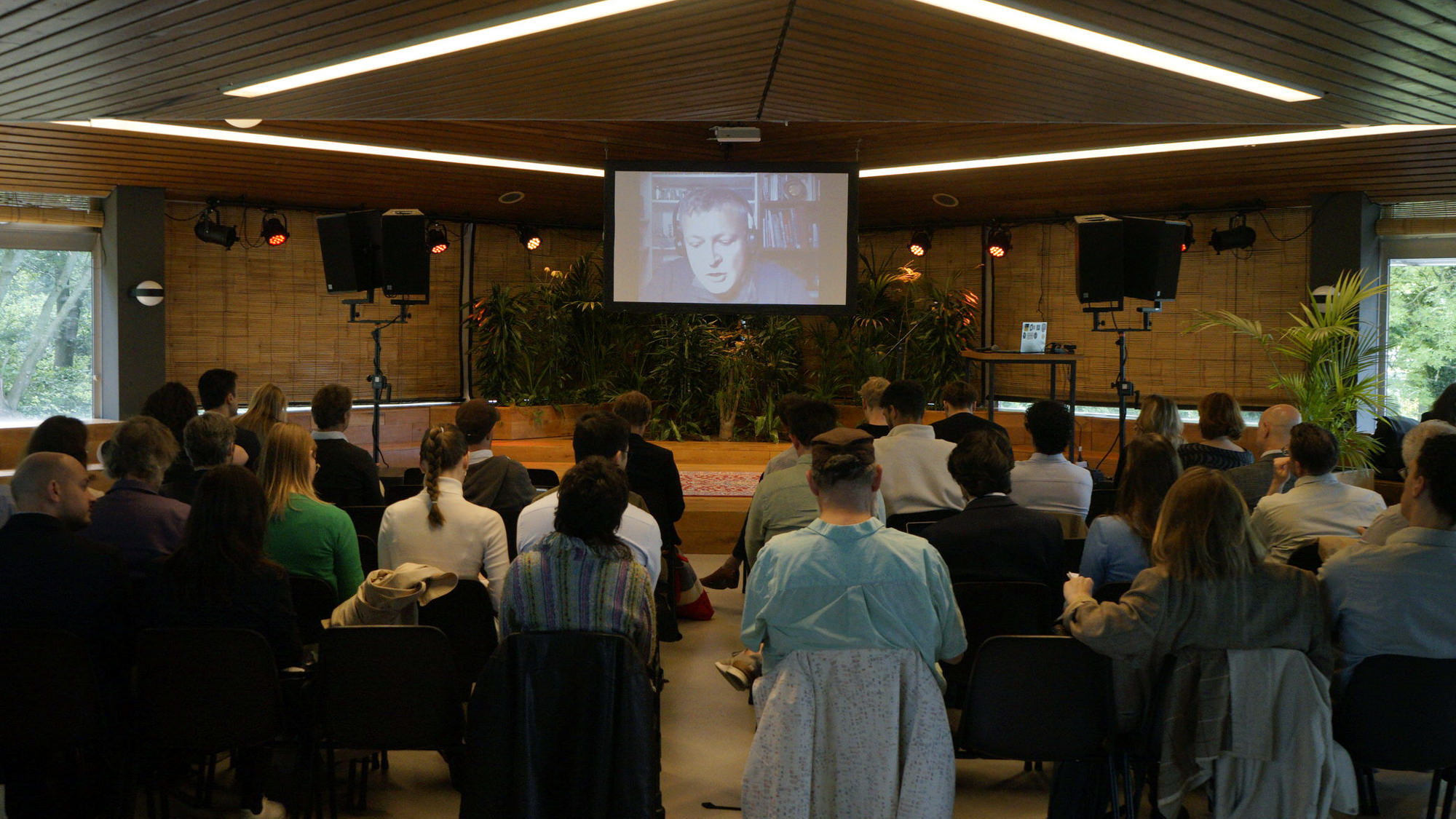
He explained NGI Commons in the broader context of the Next Generation Internet (NGI) initiative launched five years ago, and the broader ecosystem of NGI projects supported by the European Commission. Jean-Luc Dorel stated that:
“No other initiative at this scale had ever been made to support community-based open source projects. 1000 projects have already been funded”, said Jean-Luc Dorel.
Lieke van Schouwenburg, from the Ministry of Interior and Kingdom Relations, introduced the European Digital Infrastructure Consortium (EDIC): a new tool which allows multi-country projects to be developed with the support from the European Commission. She also expressed a key topic in the initiative: governance. “We want to reflect the bottom-up approach of Digital Commons in our design of the EDIC: we want to have stakeholders represented in an advisory board that will provide recommendations to the assembly of members (made of member states), which has decision power”, explained Lieke van Schouwenburg.
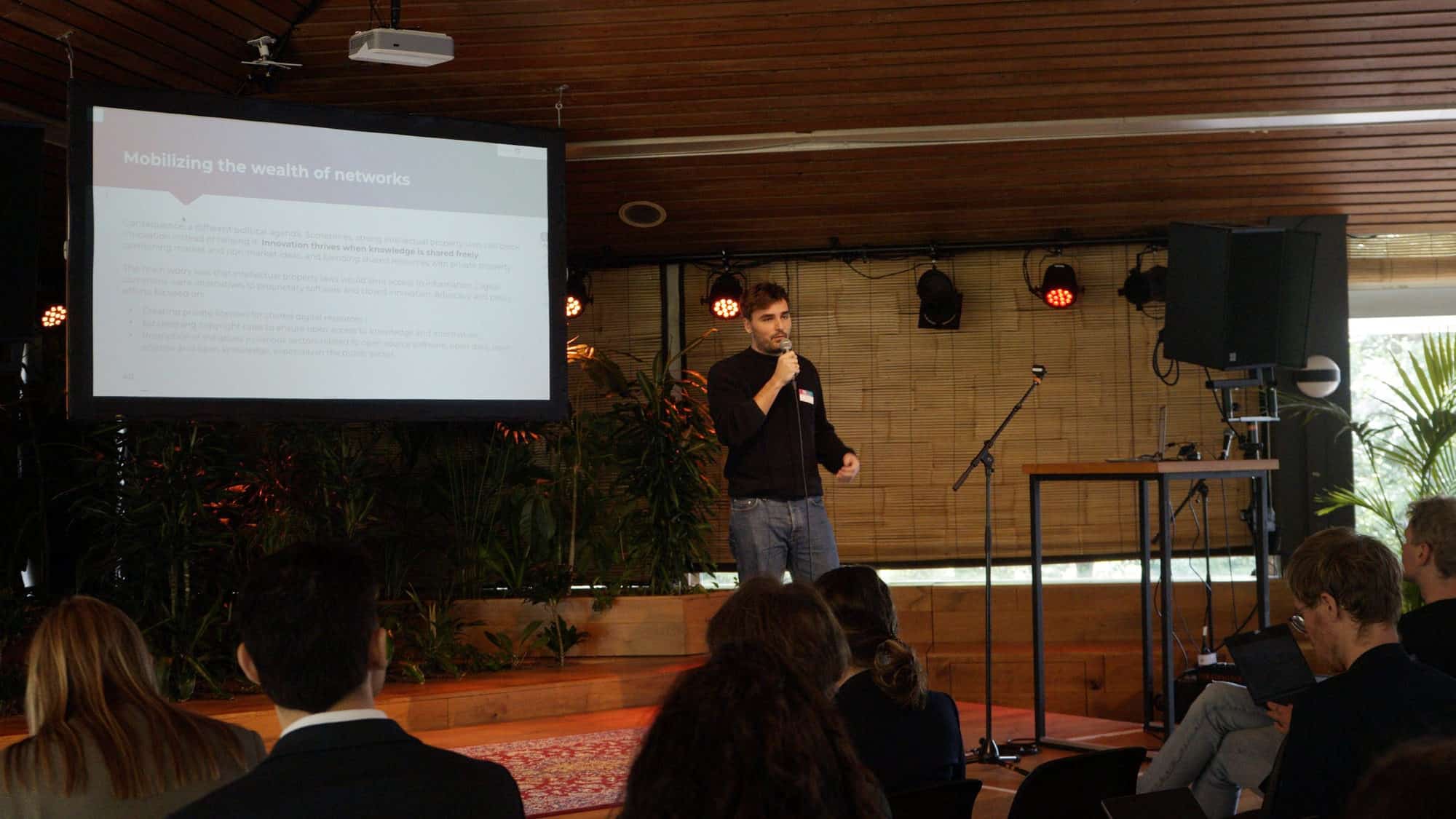
Jan Krewer from Open Future presented a landscape of digital commons’ history in Europe, highlighting how the idea of digital commons emerged alongside (and in connection with) the open movement, as well as showcasing how digital commons offer alternative governance model for the types of digital resources used to build society-wide infrastructures. He showed how important it is to think about digital commons not just as the resources themselves, but also the communities and governance models that enable fair and equitable participation and use of those technologies for the public interest.
The consortium partners made a forceful case on how these efforts are shaping the work of European institutions and get support for digital commons and public digital infrastructure included in the next budget of the European Union.
What do we mean when we talk about digital commons?
Defining digital commons is not an easy task. One of the dominant features of this workshop’s discussion centred on the question of: How do you define digital commons? And more specifically, what are the key aspects and features of digital commons?
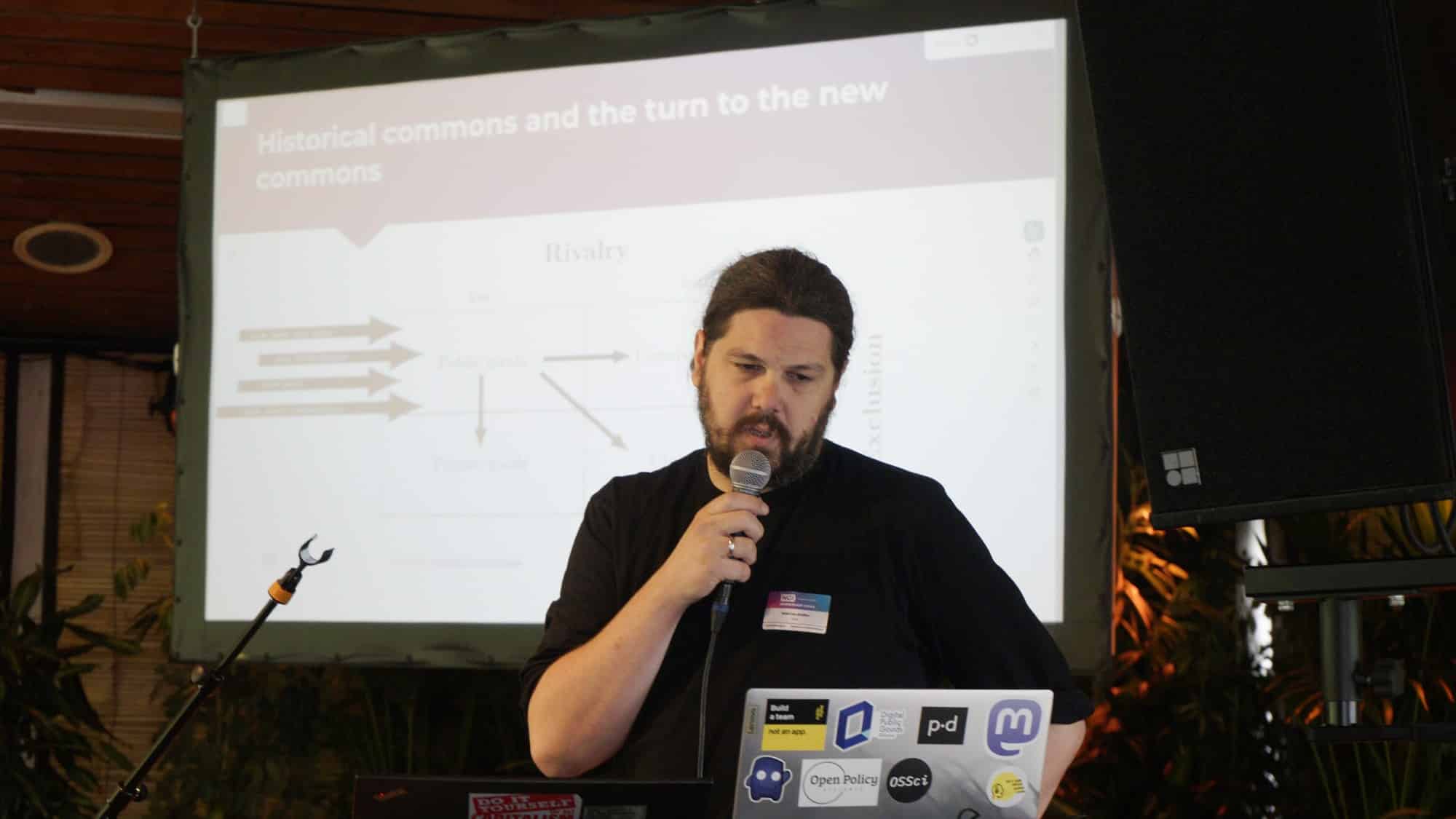
At the beginning of the first workshop session of the event, Valérian Guillier from CNRS, one of the NGI Commons consortium partners, gave the floor to the participants who, one after the other, came up with their own key single words and key elements which they think define digital commons. Participants shared examples like: “Everything that adheres to the principle of openness!”; “Digital resource, community, and governance!”; “Not for profit aspect, universalist aspect!”; “Digital solutions that can not be weaponized by states!”; “Digital public goods: non-rival and non-exclusive!”; And these are just a few of remarks gathered at the workshop.
Sophie Bloemen, Director of the Commons Network, said during the discussion: “If you talk about digital commons, you talk about collective processes, you talk about communities governing together as stewarding resources. As a society, we have made quite a move towards an individualistic approach to everything. And in a way, the pendulum has to come back with a more collective approach. But that really requires a cultural change, a social cultural change. For the commons to thrive, this is really a priority.”
Valérian went on to highlight how common understanding of digital commons will help the NGI Commons project achieve various goals and policy outcomes, and is in fact critical for precision in how digital commons are funded. The consortium invited the audience to provide feedback on every aspect of the project, exploring existing initiatives and communities.
Can we measure the leverage effect of funding on digital commons?
The workshop also sought to impart to participants a sense of the ambition of NGI Commons and its related projects in Europe on generating funding opportunities and creating investment in digital commons across Europe.
One of the most important tenets of the conversation focused on the ‘leverage effect’ of funding, particularly that provided by the NGI. In the afternoon, Cailean Osborne of the Linux Foundation Europe shared early insights on the possibilities of capturing how and to what extent projects are influenced by the funding they receive. “All models are wrong, but some are useful”, as his presentation noted. He invited participants to share their feedback on the methodology for how this might be accomplished; and share they did, offering a myriad of reflections and insights on the possibility and feasibility of doing just that.
Participants highlighted the challenges in measuring variability of funding’s effect on project stewardship, maintenance and governance. They shared their reflections on particular variables that were more or less difficult to evaluate, as well as their opinions on how feasible it would be to calculate leverage effect using the intended methodology. Their insights proved critical in reframing some of the key components of the discussion to focus on, and no doubt will help the project in operationalizing its understanding of digital commons to increase investment in the space.
What’s next?
As we rounded out the workshop with our brainstorming session, participants broadly agreed that the future of the digital commons landscape in Europe should capitalise on its strengths, address weaknesses, mitigate threats, and seize opportunities to flourish – even if they differed in their understanding of digital commons and how to achieve that. This was perhaps summarised best in the remarks of one participant – Mark Herringer, Director of the Global Healthsites Mapping Project – who noted how:
“Digital commons [are] a common good in a similar way to a forest: we want to look after it and make sure that others can use it after us. And it gets better and better and stronger and stronger. Governments can relate to it because it is the interface to the citizens. […] And so there’s a tremendous amount of value that can be brought to governments through these digital commons.”’
NGI Commons approach to digital commons is multifaceted, reflecting a commitment to a broad, sustainable and impactful exploitation of digital resources. By fostering collaboration among diverse stakeholders and aligning policies with European values, our aim is that NGI Commons’ work will bring clarity to debates about digital commons in Europe and open up new funding opportunities. Last week’s workshop was rich and busy in this regard, providing us a useful foundation of inputs from the community which will hopefully lead the way in creating a digital commons environment that serves the interests of all its citizens and contributes positively to global progress.
We look forward to sharing out more learnings and insights from the workshop in the weeks ahead, as we actively seek to leverage its outcomes to inform the project’s development and outcomes. Stay tuned for more!

